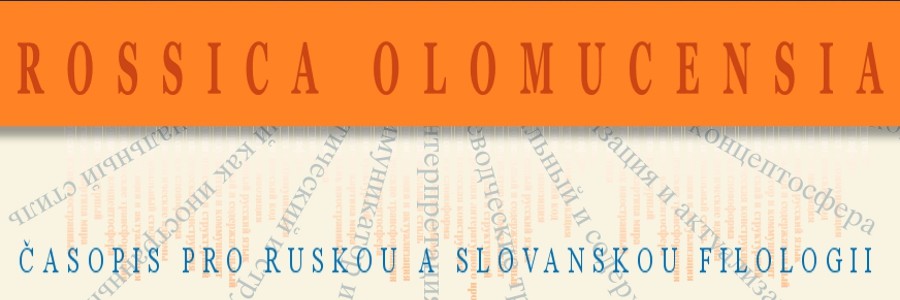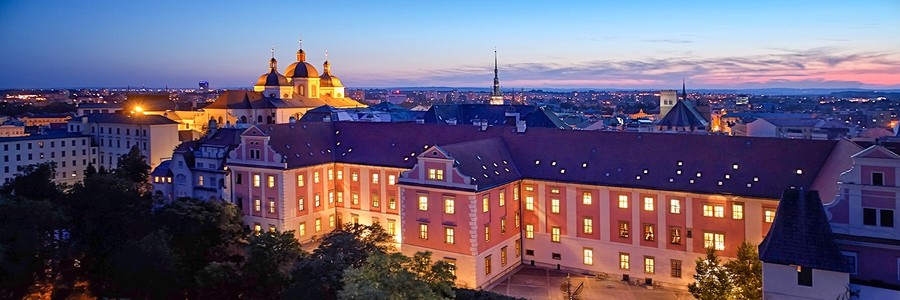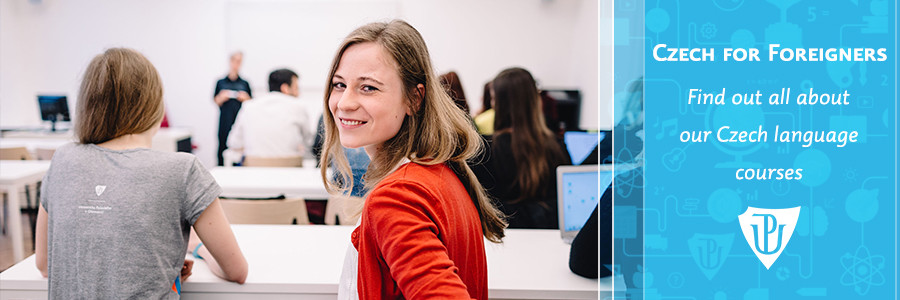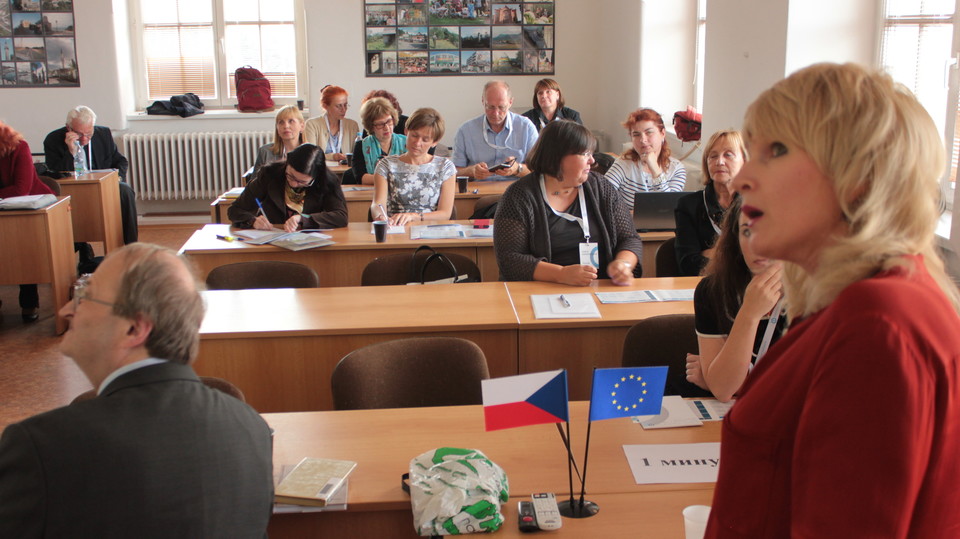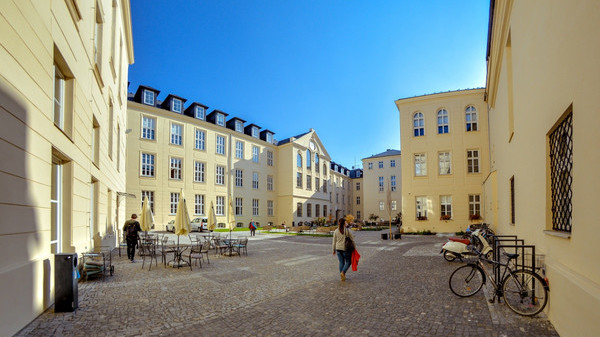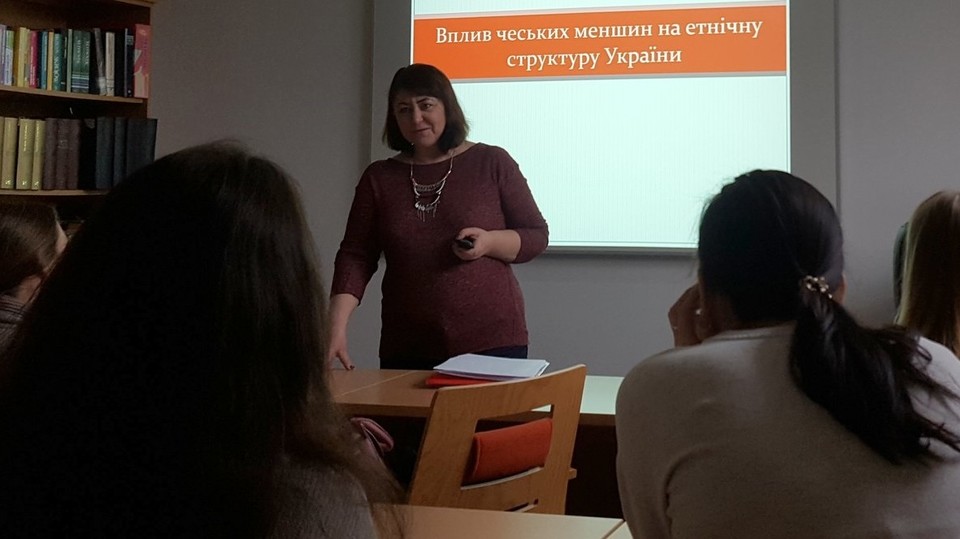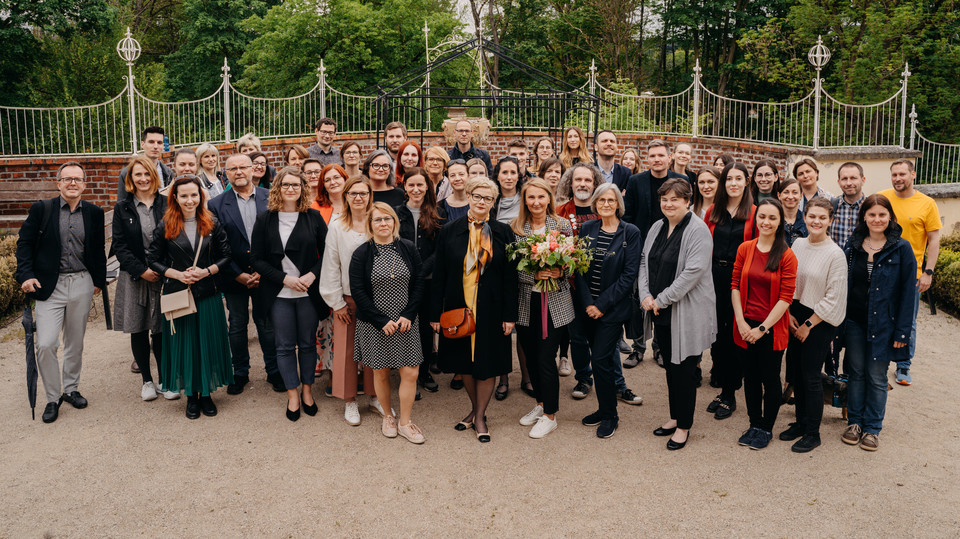The Present of the Department of Slavonic Studies
The department is divided into three sections – Polish philology, Russian philology and Ukrainian philology. The staff consists of 16 people (4 in the Polish studies section, 9 in the Russian studies section and 3 in the Ukrainian studies section): including 2 professors (for Russian literature and Ukrainian language); 3 associate professors (for comparative Slavonic philology and Slavonic literature), 9 assistant professors and 2 lecturers.
The department has enrolled 146 students in the academic year 2023–2024, including 36 students in the Polish section, 114 in the Russian section and 47 in the Ukrainian section.
The department provides its students with lectures on Polish, Russian and Ukrainian philology within accredited two-field and one-field study programmes in the form of bachelor’s and follow-up master’s full-time studies.
The department of Slavonic studies has accredited doctoral study programmes in the area of Russian linguistics, Russian literature and Comparative Slavonic philology. There are 6 doctoral students in Comparative Slavonic philology and 1 doctoral student in Russian linguistics.
The department also provides lessons of Polish, Russian and Ukrainian as a foreign language within the Philosophical Faculty; in the 2023–2024 academic year, this includes approximately 50 students.
The department also provides exams in Polish and Russian as a foreign language within the doctoral studies of students at Palacky University, other universities in the Czech Republic and also in Slovakia and Poland.
From 1968 to 2007, the department of Russian Studies, later known as the department of Slavonic Studies, published the annual ROSSICA OLOMUCENSIA, with the number of copies reaching 52. Since 2008, a scholarly reviewed journal called Rossica Olomucensia has been published (as a part of the series Rossica Olomucensia) – a journal for Russian and Slavonic philology (twice a year) and also a Collection of contributions from the international conference The Olomouc Days of Russian Studies which were organised for the first time in 1976. In 2023, the XXVI Olomouc Days of Russian Studies took place.
A much younger affiliated conference is Olomouc Symposium of Ukrainian Studies which has been held since 2001, and the eleventh conference took place in 2022. The conference contributions were published in the Ucrainica proceedings.
The members of the department also actively publish their works, participating in domestic and foreign conferences. Apart from individual monographs, these works also include a wide range of study materials for students.
The international contacts of the department are listed under particular sections.
The History of Slavonic Studies in Olomouc
Slavonic studies have had a long, though through the influence of historical events, discontinuous tradition. The beginnings of Slavonic scholarship in Olomouc can be found as early as the 1780s, when the vice rector of the theological general seminar was Josef Dobrovsky. From the 1820s, Bohemian and Slavonic studies were developed at the so-called Collegium Nobilium and at the theological faculty, but after 1848 it was removed from Olomouc schools for a long time. It was not until 1919-1937 that Slavonic studies were studied at the theological faculty.
The histories of Olomouc post-war Russian and Polish studies have their beginnings in the Seminar for Slavonic Philology, established at the Philosophical Faculty of the renewed University as early as 1946. It was also where lectures of Slavonic languages were taking place – Czech, Polish, Russian, Serbo-Croatian and Slovenian. In 1948, the Seminar for Slavonic Philology was transformed into the Institute for Slavonic Philology – again with interfaculty scope – which was, in 1950, changed into the Department of Slavonic Studies of the Philosophical Faculty. Two new faculties stemmed from the Department of Slavonic Studies - the Department of Czech Studies and Literature and the Department of Russian Studies, which became the dominant section of Slavonic studies, headed by Bohuslav Ilek. Polish studies has developed during its 50-year-old tradition under the auspices of the Departments of Czech Studies and Slavonic Studies, and has its own significant figures, among them Professor Jiří Damborský and Professor Edvard Lotko.
Between 1953 and 1958, Russian as a field of study was studied within the College of Pedagogy. In the early 50s, the section for teaching Russian to non-Russian studies students was established (at first within the medical, science and philosophical faculties) which was led by Anastasius Janovsky. At the head of the Olomouc Slavonic section, leading representatives of Czechoslovak Slavonic and Russian studies – Antonin Dostal, Bohuslav Ilek, Alexandr V. Isatchenko, Rudolf Zimek and Antonin Vaclavik – were appearing. Other significant figures also worked there – Karel Horalek, Otto Frantisek Babler, Josef V. Becka, Helena Krizkova, among others.
Russian studies began to be organised under a separate department at the Philosophical Faculty, Palacky University in 1966. Its head at that time was prof. Miroslav Zahradka, then in 1991 prof. Vladimir Kostrica took the position, and between 1998-2007 doc. Vysloužilova led the department. In 1994 Russian studies was combined with Polish studies. The head of the Polish studies section was prof. Marie Sobotkova, and following her leadership, doc. Ivana Dobrotova has headed the department since 2011. The department changed its name to be the Department of Slavonic Studies. Since 1.9.2007, the head of the department has been prof. Zdenek Pechal. In 1998, a proposal to establish another section within the department – Ukrainian studies – was approved. The first students began to study Ukrainian philology in the academic year 2000/2001. The initiator of the new section of the Department of Slavonic Studies was prof. Josef Ander. The section of Russian studies has been led, since 2022, by Mgr. René Andrejs, Ph.D.
